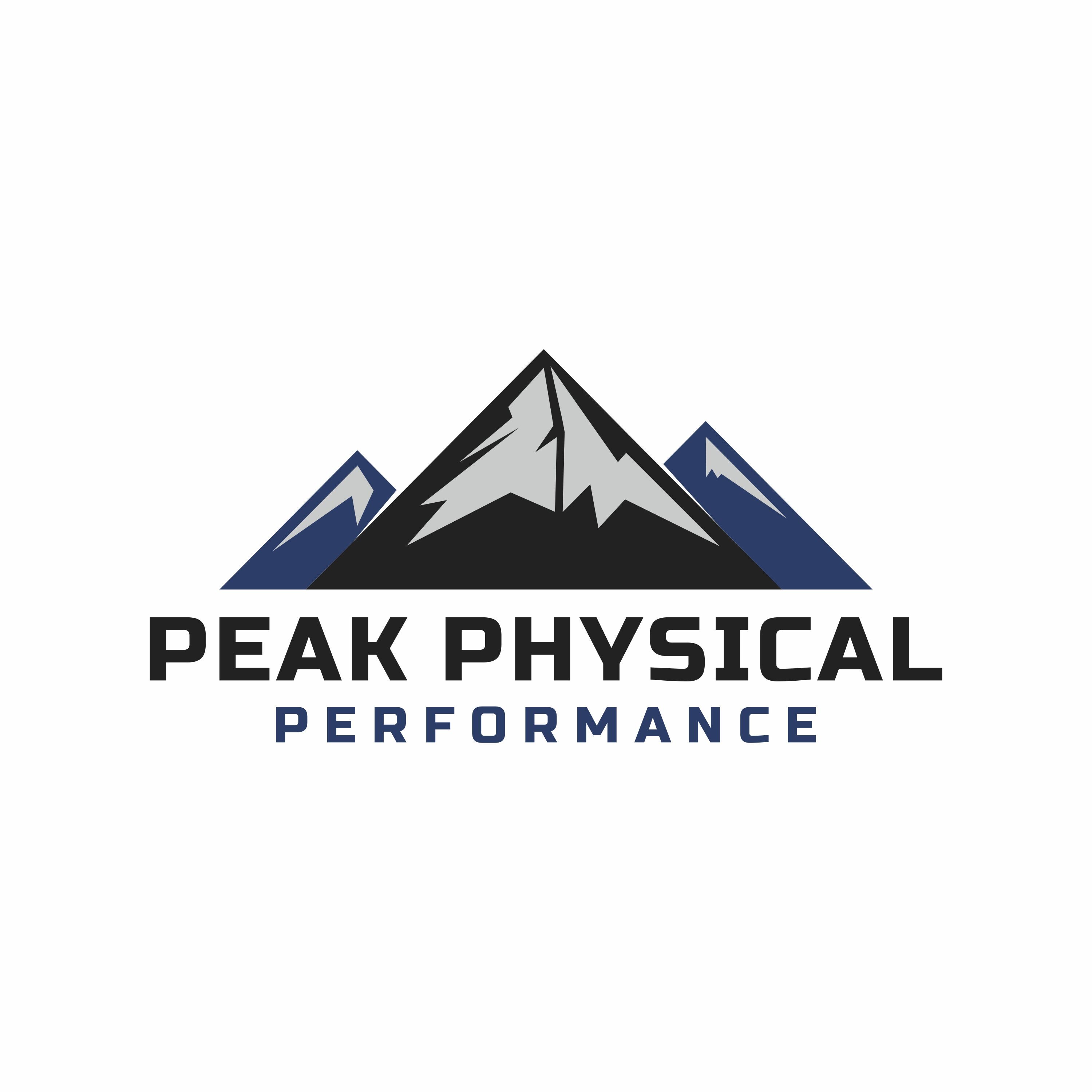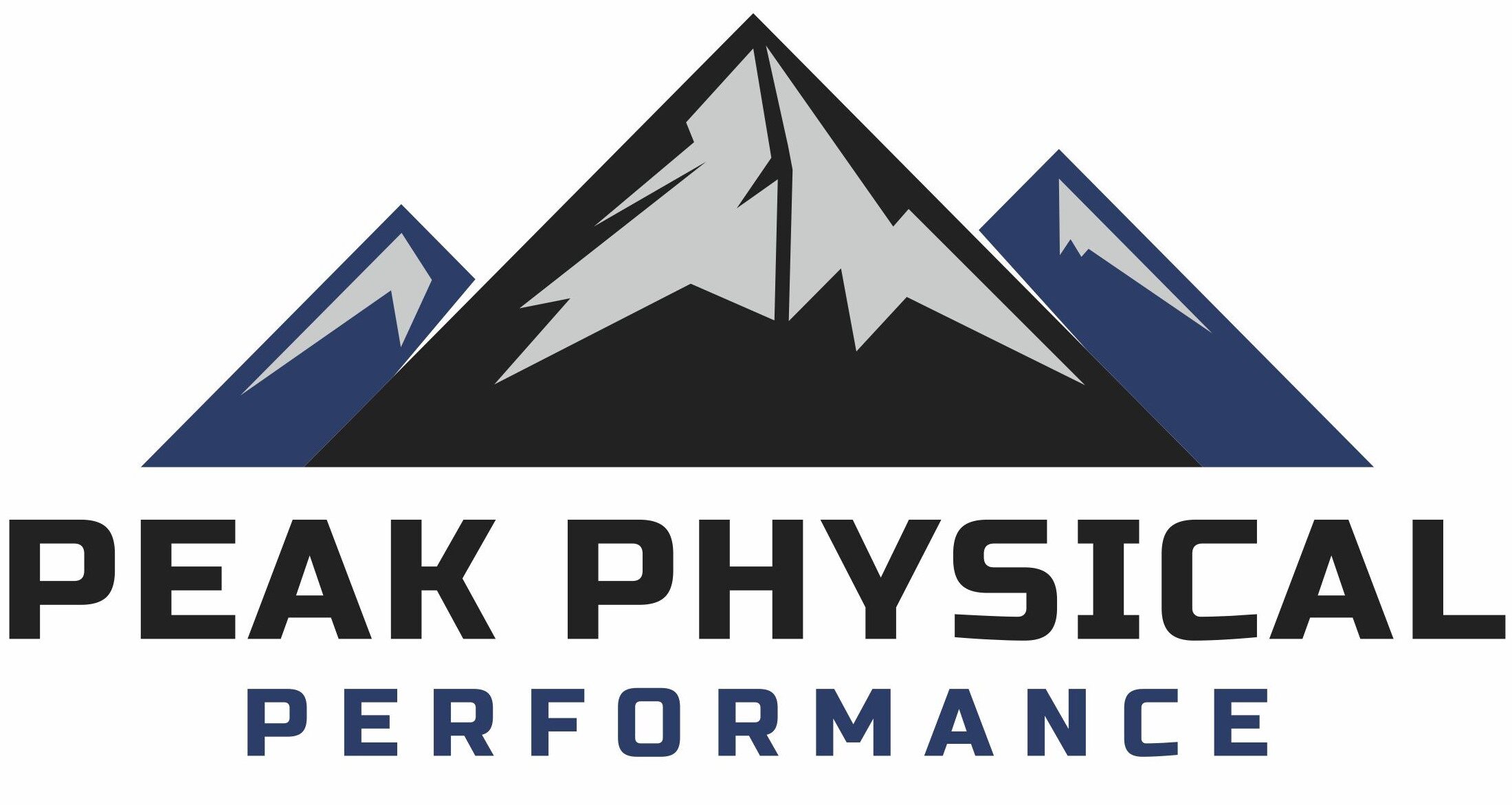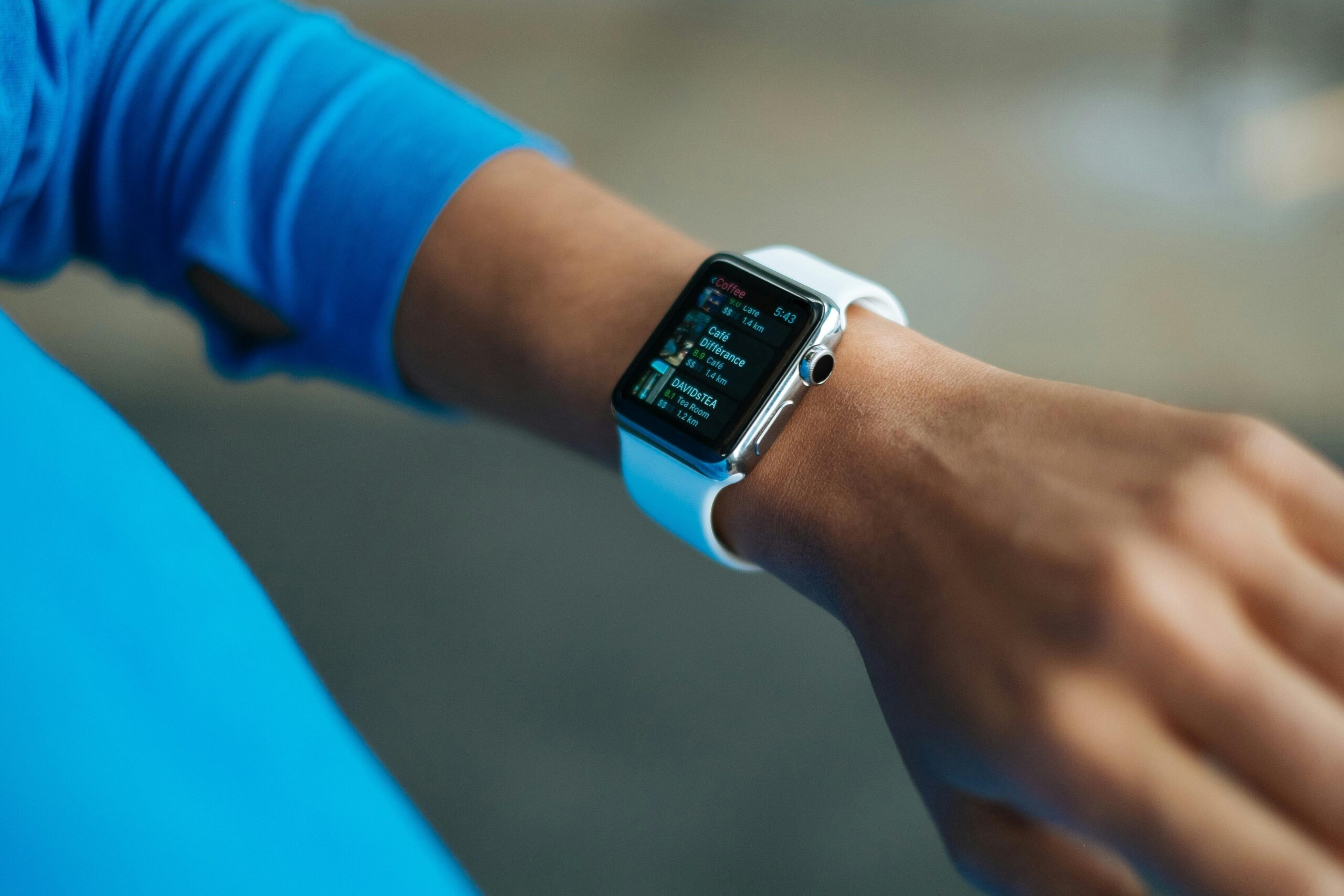Want to live not just longer—but better? Boosting your healthspan (the years you stay healthy and active) requires focusing on the right health metrics. In this guide, we’ll break down the top health markers to track for longevity and quality of life—backed by research and actionable tips.
Whether your goal is to prevent chronic disease, improve daily energy, or extend your healthy years, these are the metrics you can’t afford to ignore.
🫀 1. Resting Heart Rate (RHR)
Why RHR Is a Key Health Metric
A lower resting heart rate reflects better cardiovascular fitness. Elevated RHR is linked to increased risk of heart disease and mortality.
- Healthy range: 60–80 bpm
- Optimized by: Regular cardio, stress reduction, sleep quality
📖 Research: Jensen et al., 2013 – Journal of the American College of Cardiology
💉 2. Blood Pressure: The Silent Health Metric
Why Blood Pressure Matters
High blood pressure (hypertension) is a major risk factor for stroke, heart attack, and kidney damage—even when symptoms aren’t visible.
- Optimal BP: <120/80 mm Hg
- Lower it with: DASH diet, low-sodium foods, walking, meditation
📖 Reference: Whelton et al., 2018 – Hypertension
⚖️ 3. Body Composition & Visceral Fat
More Important Than BMI
Tracking body fat percentage and visceral fat gives a clearer picture than BMI alone. Visceral fat, in particular, increases inflammation and chronic disease risk.
- Healthy ranges:
- Men: 10–20% body fat
- Women: 18–28% body fat
- Reduce visceral fat with: Resistance training, HIIT, whole-food diet
📖 Study: Després, 2012 – Circulation
🍭 4. Fasting Blood Glucose & Insulin Sensitivity
Metabolic Health = Longer Life
Blood sugar stability is critical for energy, brain function, and avoiding type 2 diabetes. Early signs like insulin resistance often go unnoticed.
- Ideal metrics:
- Fasting glucose: 70–99 mg/dL
- HbA1c: <5.7%
- Improved with: Fiber-rich meals, strength training, time-restricted eating
📖 Source: DeFronzo & Tripathy, 2009 – Diabetes Care
🩺 5. Lipid Panel & Triglyceride-to-HDL Ratio
Why Your Cholesterol Numbers Matter
Your cholesterol profile—especially the triglyceride-to-HDL ratio—is a reliable predictor of cardiovascular and metabolic health.
- Ideal values:
- HDL: >40 mg/dL (men), >50 mg/dL (women)
- Triglycerides: <150 mg/dL
- TG/HDL ratio: <2 = low risk
- Improve it with: Omega-3s, low-carb eating, fiber, no trans fats
📖 Read more: da Luz et al., 2008 – Clinics
🏃 6. VO2 Max: The Ultimate Fitness Predictor
Why VO2 Max Predicts Healthspan
VO2 max—your body’s ability to use oxygen during exercise—is strongly correlated with longevity and cardiovascular resilience.
- Higher = better
- Boost it with: Aerobic exercise, interval training, hiking, cycling
📖 Meta-analysis: Kodama et al., 2009 – JAMA
🔥 7. Inflammation Marker: hs-CRP
Low Inflammation = Long Life
Chronic inflammation is the underlying driver of many age-related diseases. The hs-CRP test is a key marker for your body’s inflammation levels.
- Low risk: hs-CRP <1.0 mg/L
- Reduce it through: Anti-inflammatory diet (Mediterranean-style), sleep, and stress relief
📖 Landmark study: Ridker et al., 2000 – NEJM
✅ Final Thoughts: Why Tracking These Health Metrics Matters
Tracking these vital health markers allows you to:
- Catch early signs of disease
- Optimize energy, mood, and physical performance
- Extend your healthspan—not just your years, but your quality of life
📌 Pro tip: Start with a comprehensive annual checkup and consider using wearables (like a smart watch or fitness tracker) to monitor key indicators like heart rate, sleep, and activity.
🔁 Quick Recap: Best Health Metrics for Longevity
| Metric | Ideal Range | Benefit |
|---|---|---|
| Resting Heart Rate | 60–80 bpm | Heart & fitness health |
| Blood Pressure | <120/80 mm Hg | Reduces stroke & heart risk |
| Body Fat % | Men: 10–20%, Women: 18–28% | Lowers chronic disease |
| Fasting Glucose | 70–99 mg/dL | Prevents diabetes |
| TG/HDL Ratio | <2 | Predicts heart/metabolic health |
| VO2 Max | Higher = better | Boosts endurance & longevity |
| hs-CRP | <1.0 mg/L | Tracks inflammation |
👣 Ready to Take Control of Your Healthspan?
Start small: walk 20 minutes a day, get 7–9 hours of sleep, eat real food, and track your progress.
Your future self will thank you.



No responses yet